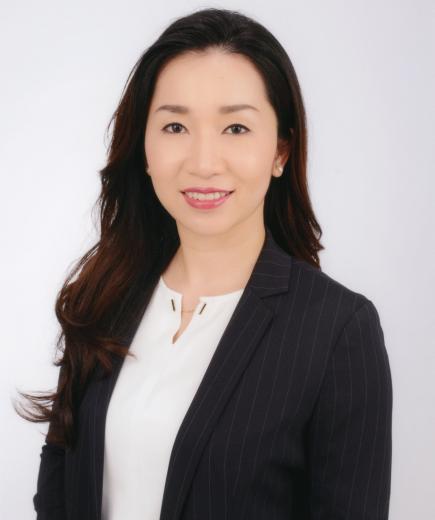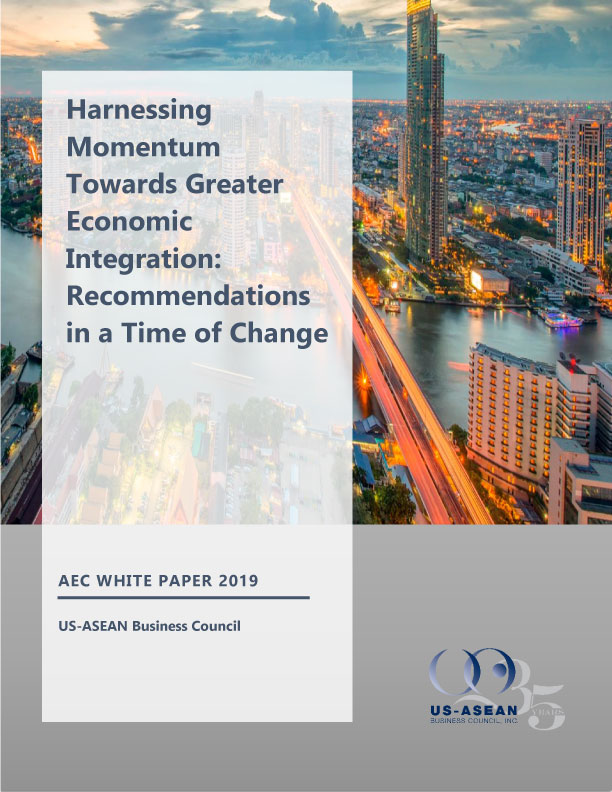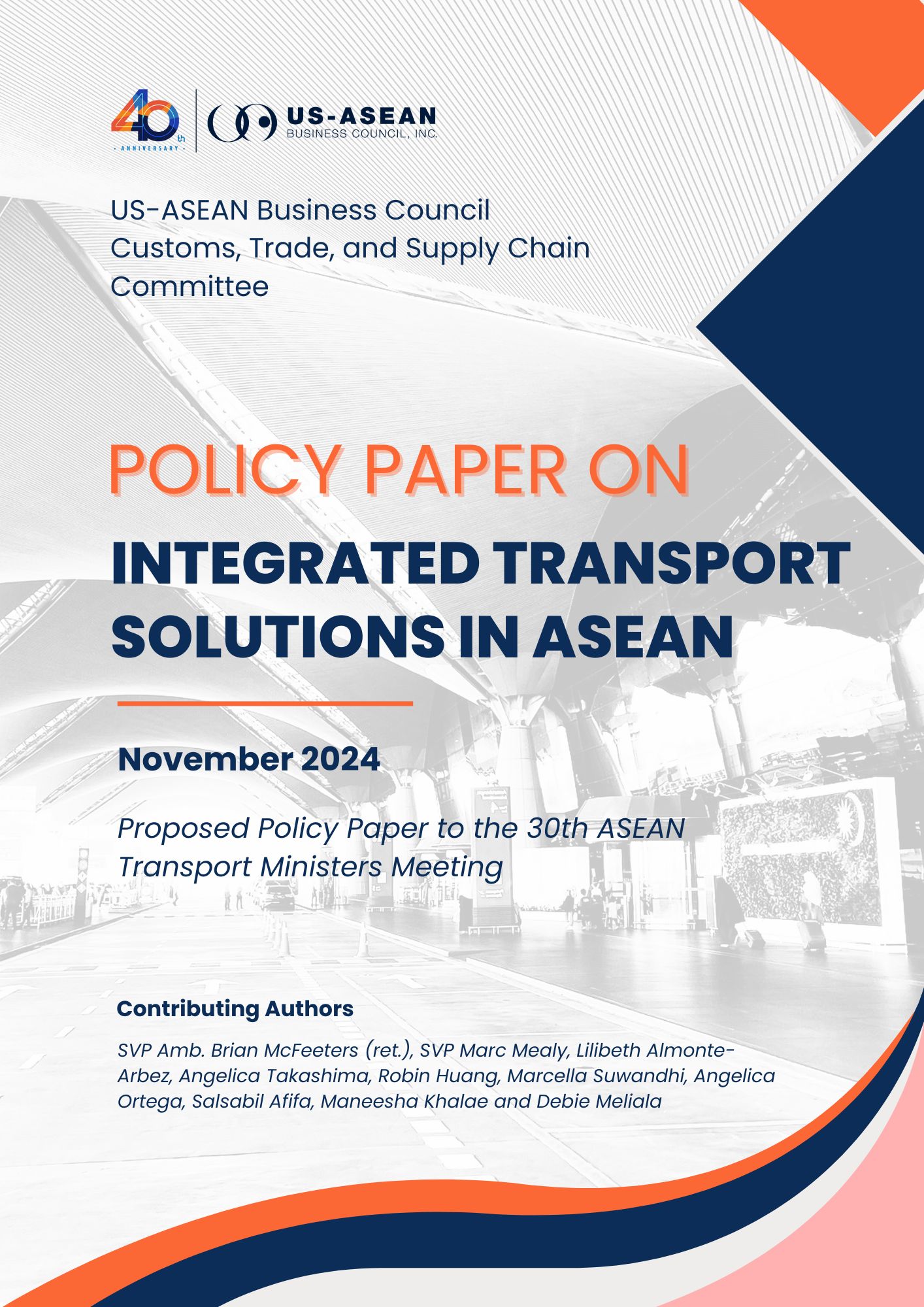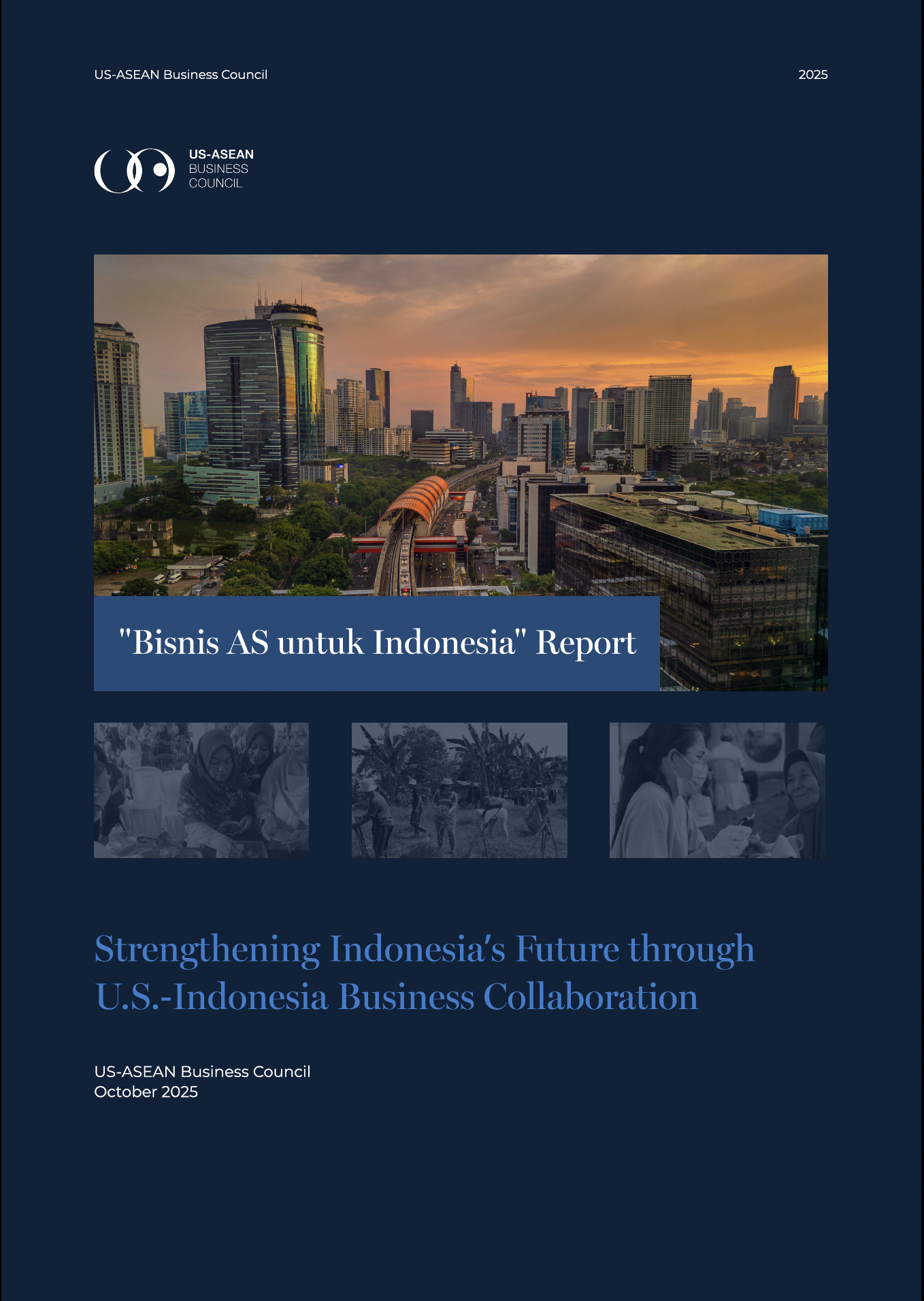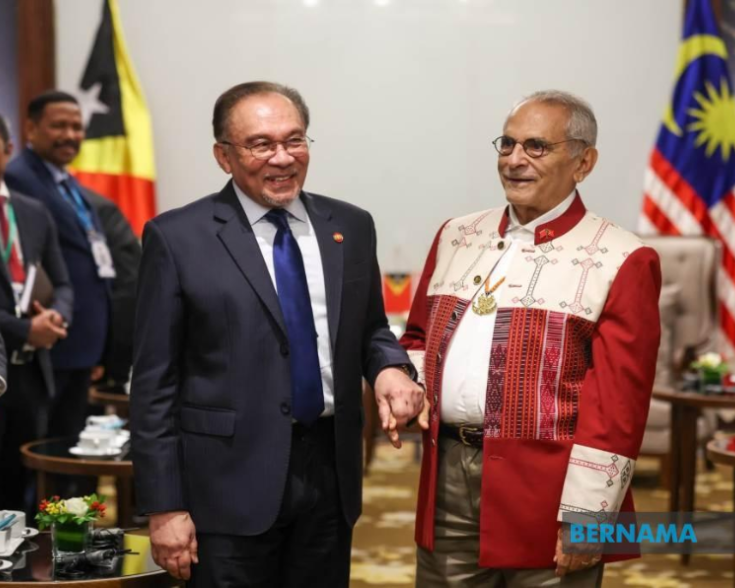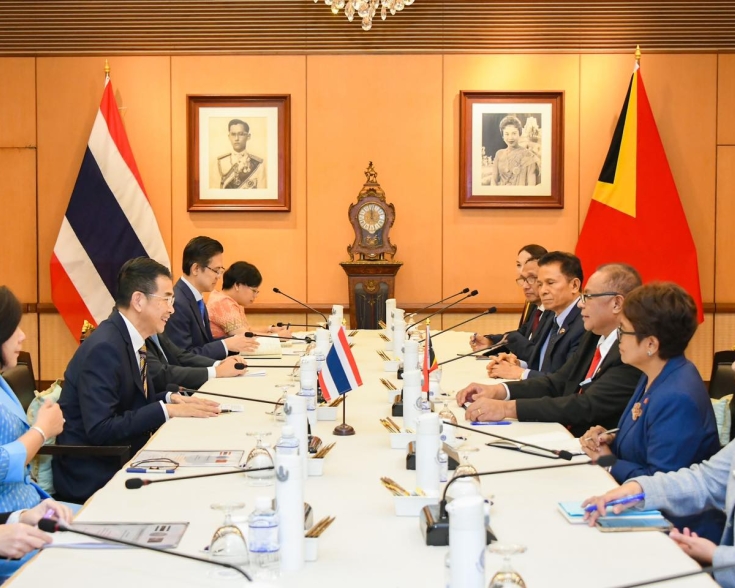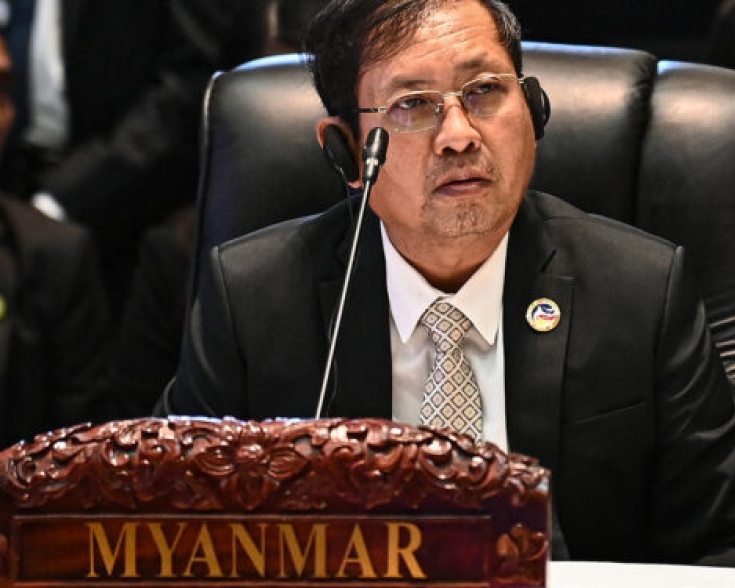Vietnam’s Communist Party Congress Scheduled with Leadership Changes Underway
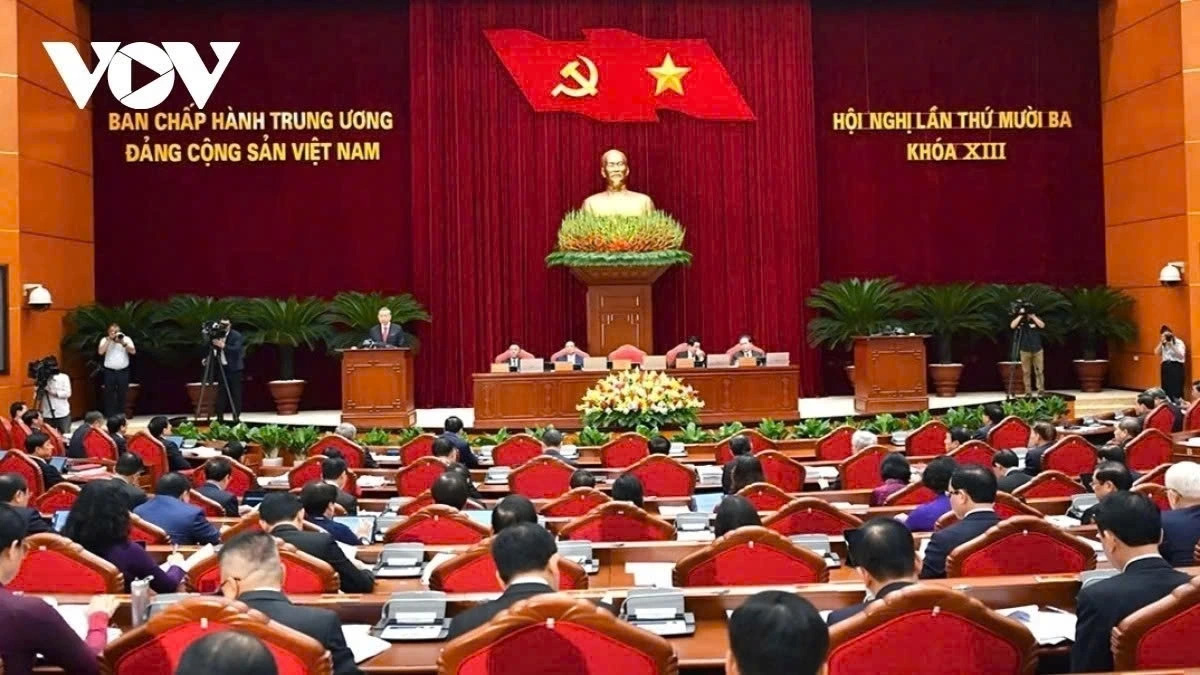
The Government of Vietnam has officially announced the long-awaited schedule for the 14th National Congress of the Communist Party of Vietnam (CPV), which will take place from January 19 to 25, 2026.
The Party Congress, held every five years, is the most significant domestic political event in Vietnam because it sets Vietnam’s strategic direction for the next half-decade, shaping both the political leadership and national development priorities as Vietnam enters a new “era of national rise.”
During the week-long event, delegates will elect the 14th Party Central Committee, a decision-making body of 180 official members. This newly formed committee will subsequently elect the Politburo, which includes the nation’s top leaders.
Key agenda items for the 2026 Congress include:
- The election of new Party leadership bodies.
- Review and approval of major policy documents.
- Setting socio-economic development goals for the 2026–2030 period.
- Continued assessment of the Party’s organizational and personnel reform.
The major contents of the agenda are included in a dossier of Draft Documents to be Submitted to the 14th Party Congress, which has been published and is open for citizens to provide feedback during the nationwide consultation period until November 15, 2025.
Personnel Shifts Underway
Personnel issues, always a sensitive and closely guarded aspect of the process, have been explicitly identified as one of the congress’s “most important tasks.” The congress will review and approve the personnel report of the 14th Party Central Committee and conduct elections according to the Party’s official regulations. The upcoming 14th Politburo is expected to comprise between 17 and 19 members.
In the lead-up to the congress, a series of high-level personnel changes have been announced across the central government, National Assembly, and provincial leadership — signaling the start of an important realignment phase.
At the Cabinet level, during the 10th session of the 15th National Assembly on October 25, two new Deputy Prime Ministers were approved:
- Phạm Thị Thanh Trà, previously Minister of Home Affairs, who will become Vietnam’s first female Deputy Prime Minister.
- Hồ Quốc Dũng, a Central Committee member who previously held key leadership positions in Bình Định and Gia Lai provinces.
These appointments bring the number of Deputy Prime Ministers under Prime Minister Phạm Minh Chính to nine — a notably large team, including some who have not previously served in ministerial roles: Deputy PM Mai Van Chinh and Deputy PM Ho Quoc Dung.
Also on October 25th , the Prime Minister presided over the appointment of new ministers in key portfolios:
- Lê Hoài Trung, Secretary of the Party Central Committee, as Minister of Foreign Affairs.
- Đỗ Thanh Bình, Central Committee member, as Minister of Home Affairs.
- Trần Đức Thắng, Central Committee member, as Minister of Agriculture and Environment, replacing Đỗ Đức Duy, who was dismissed from the position.
Back in September, further personnel adjustments took place within several ministries including:
- At the Ministry of National Defense, Lieutenant General Nguyễn Văn Gấu was appointed Deputy Minister of National Defense.
- At the Ministry of Health, the Prime Minister appointed Vũ Mạnh Hà, alternate Central Committee member and former Standing Deputy Secretary of Lai Châu Provincial Party Committee, as Standing Deputy Minister of Health.
- At the Ministry of Science and Technology, Vũ Hải Quân, Central Committee member and President of Vietnam National University Ho Chi Minh City, was appointed Standing Deputy Minister of Science and Technology.
- At the Ministry of Education and Training, Professor Lê Quân, President of Vietnam National University Hanoi, was appointed Deputy Minister of Education and Training.
- At the Ministry of Justice, Phan Chí Hiếu, President of the Vietnam Academy of Social Sciences, was appointed Deputy Minister of Justice.
At the provincial level, the Party recently announced the list of 34 Party Secretaries for the 2025–2030 term, reflecting the newly defined administrative boundaries following the regional mergers, officially from June 12, 2025.
Among the appointments:
Bùi Thị Minh Hoài, born in 1965 and currently Secretary of the Hanoi Party Committee, is the only female Party Secretary and the sole Politburo memberamong the 34.
Trần Lưu Quang, Secretary of the Ho Chi Minh City Party Committee, also serves as a member of the Party Secretariat.
The group includes 16 full Central Committee members, 2 alternate members, and 14 officials who are not yet Central Committee members.
Notably, none of the new Party Secretaries are native to the provinces they lead — a reflection of the Party’s continued emphasis on rotation and cross-regional management experience.
Within the National Assembly, leadership changes have also taken place. The legislature elected:
- Nguyễn Thanh Hải as Chairwoman of the Committee on Science, Technology and Environment, replacing previous Chair Lê Quang Huy.
- Nguyễn Hữu Đông as Chair of the Committee for Deputy Affairs.
- Lê Quang Mạnh as Secretary-General of the National Assembly and Head of its Office.
Outlook
The sequence of personnel appointments across the Party, government, and legislature highlights a coordinated process of leadership renewal in anticipation of the upcoming congress. Over the past year, Vietnam has also implemented structural reforms aimed at streamlining administrative boundaries, reducing overlapping functions, and strengthening internal governance.
The months ahead are likely to see further personnel adjustments as Vietnam prepares for one of its most consequential political milestones in recent decades. The 14th Party Congress, the first to be held under General Secretary Tô Lâm, will determine the next generation of leaders and reaffirm the Party’s priorities for economic modernization, governance reform, and international engagement.
